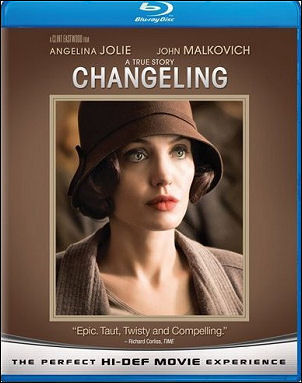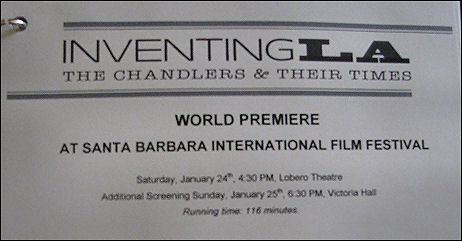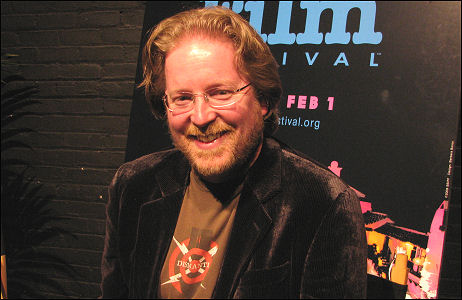If even someone like myself is feeling a wee bit confused about the categorizing of one of Kate Winslet‘s award-worthy performances, surely the average Academy voter is also. Tonight she won the SAG award for Best Supporting Actress for The Reader, although she’s (a) been Oscar-nominated for that same performance in the Best Actress category, (b) recently won a Golden Globe Best Actress / Drama award for her acting in Revolutionary Road and yet (c) also won a Golden Globe Best Supporting Actress trophy for The Reader.
After tonight’s honor who is even half-sure which category Winslet’s Reader performance belongs in? (There’s no question that her Revolutionary Road performance is a lead.) I for one am thoroughly befuddled. And that is why I’m starting to wonder if Meryl Streep‘s SAG award for Best Actress in Doubt may have given her a distinct advantage over Winslet in the Best Actress Oscar race. Because there is no ambiguity about Streep. Her Doubt performance has always been considered a Best Actress thing — no ifs, ands or buts.
Envelope columnist Pete Hammond wrote tonight that Winslet’s loss to Streep in SAG’s lead actress race “was not a surprise” because “SAG wasn’t gonna give Kate two of them. Revolutionary Road is not a popular picture among many voters, and Streep was the clear beneficiary. The two winning performances will now go head to head on an even playing field, and it will be interesting to see if Streep’s joyous, infectious and altogether charming acceptance at SAG wins her any new converts and turns the best actress Oscar race into a genuine contest.
“Streep’s triumphant run to the stage and her unbridled enthusiasm would make you think this was the first time the 15 time Oscar nominee and two time winner had ever gotten an award. The SAG showcase and heartfelt standing ovation is gonna register. She hasn’t won an Oscar in 27 years. If Miramax can get that across, it’s a horse race.”








